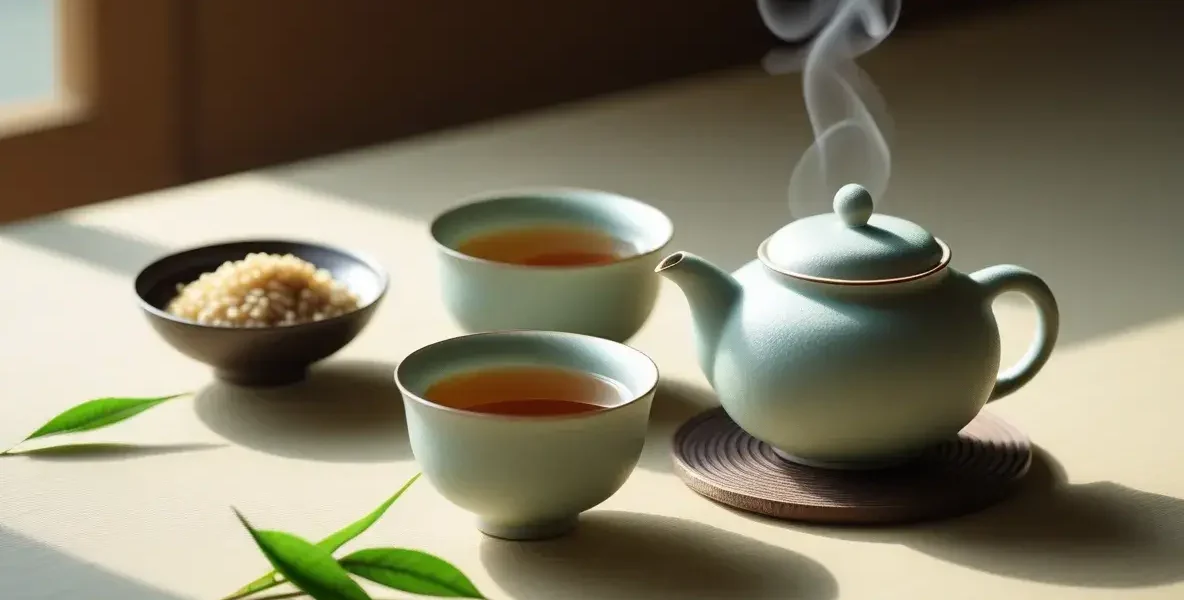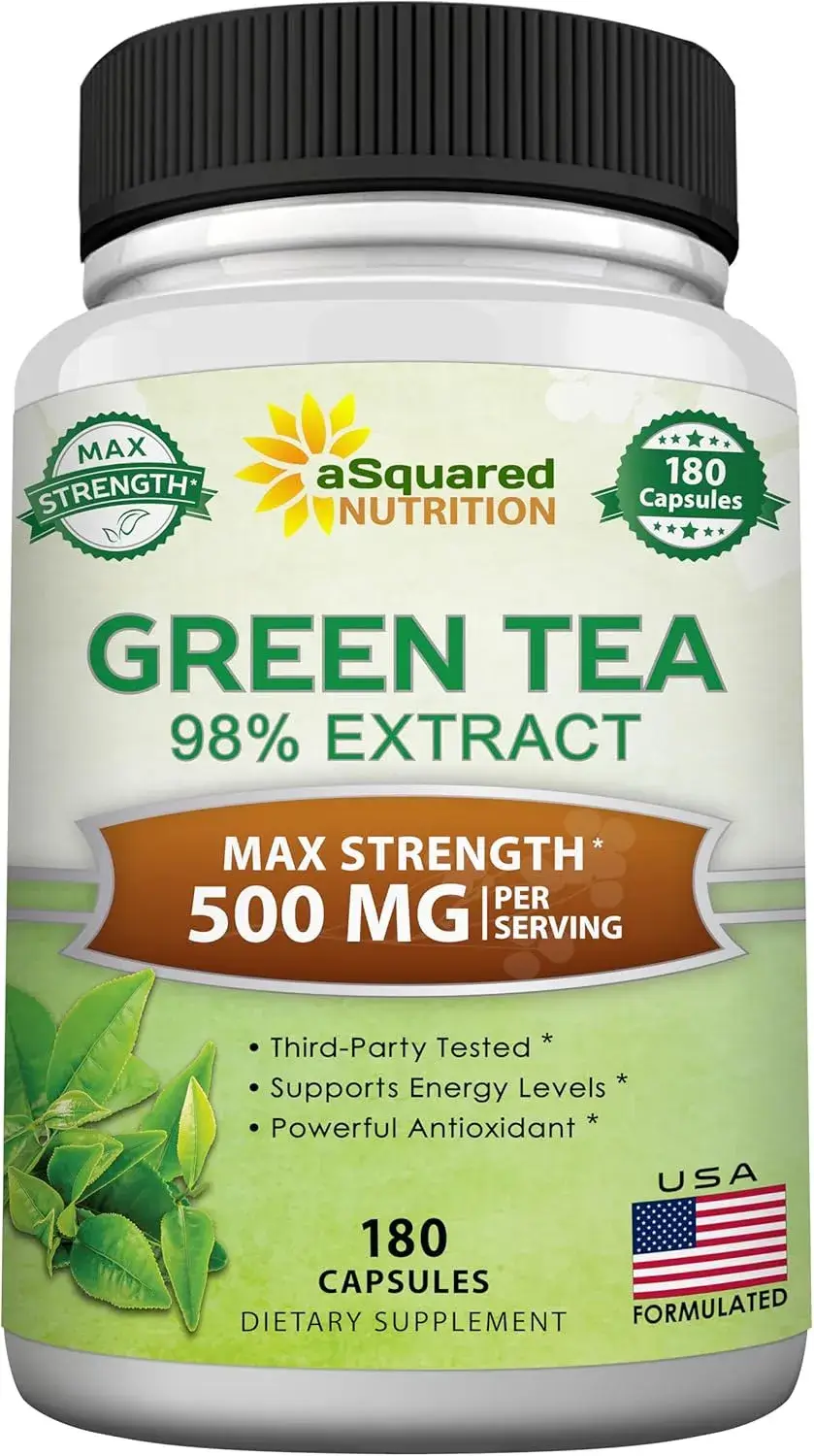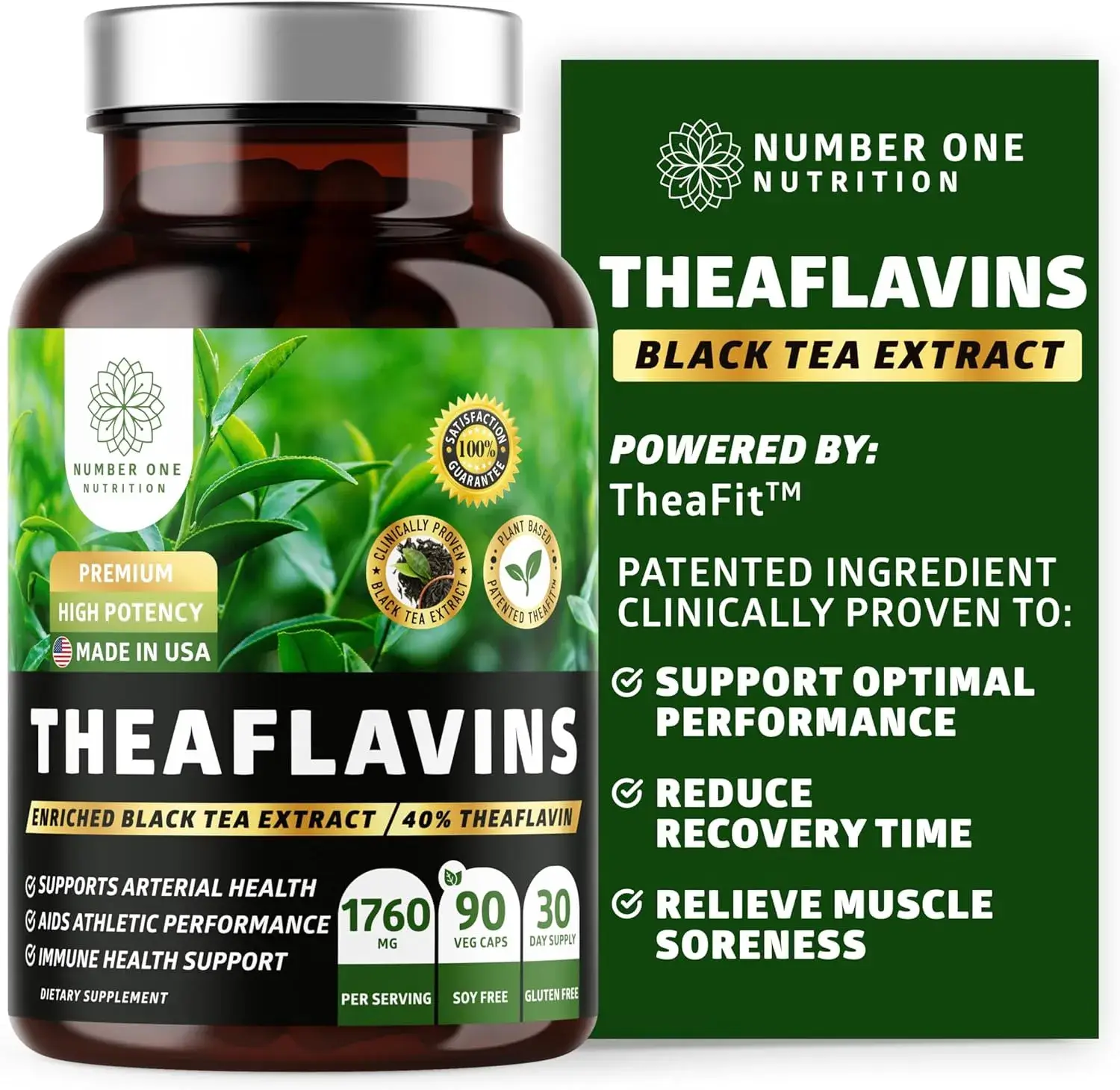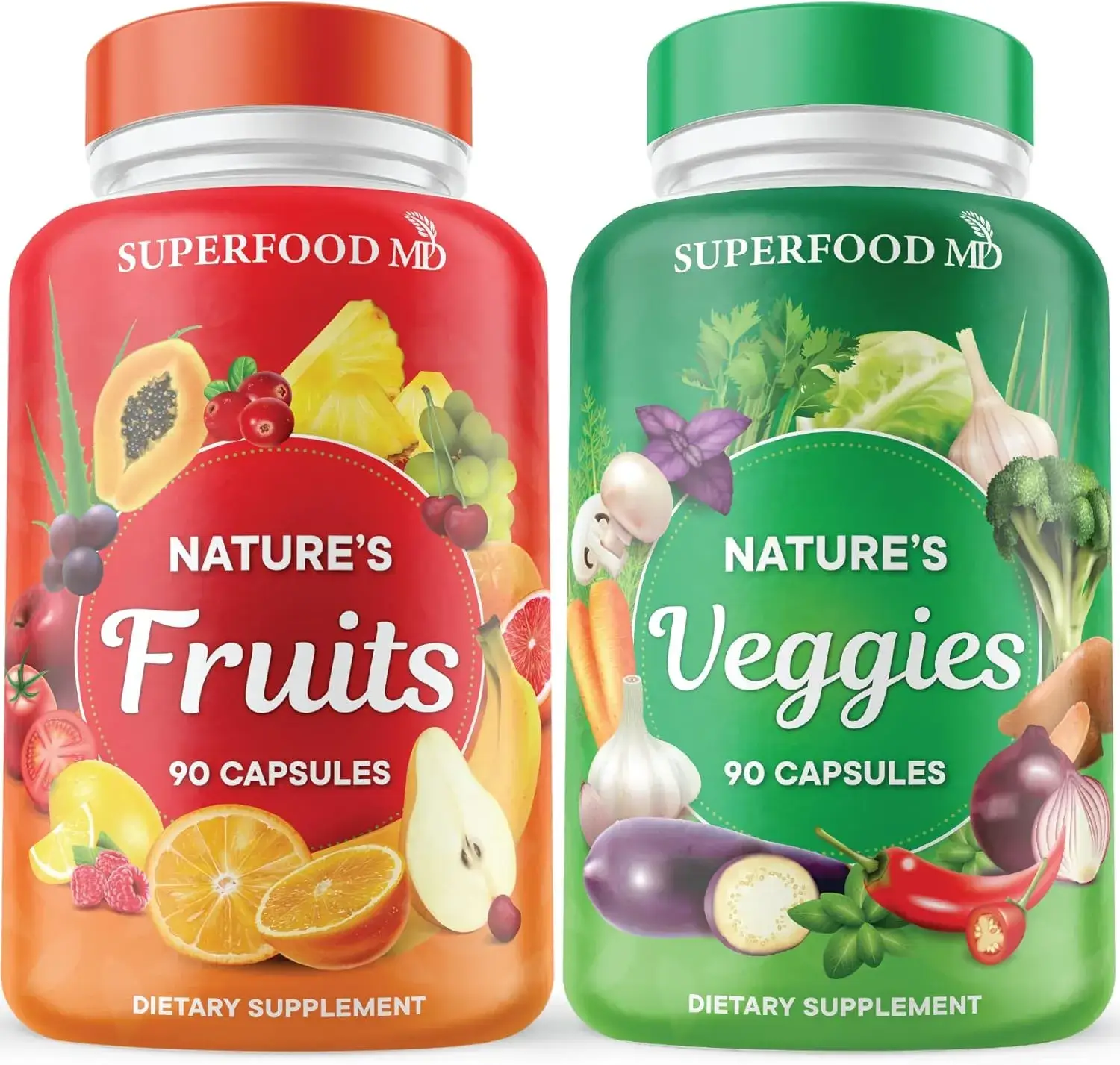Table of Contents
So, you’re pregnant and wondering about that cup of genmaicha tea. It’s a popular drink, often made with green tea and roasted rice, and it smells pretty good. But when you’re expecting, you start thinking about everything you consume. Is genmaicha tea safe for pregnancy? Let’s break it down, looking at what’s in it and what the experts say.
Key Takeaways
- Genmaicha tea is generally considered safe for pregnant women when consumed in moderation.
- The caffeine content in genmaicha is typically lower than in other teas or coffee, but it’s still important to be mindful of your total daily intake.
- Pregnant women should aim to limit their caffeine intake to under 200mg per day, as advised by health organizations.
- While genmaicha has antioxidants, high amounts of catechins could potentially affect iron absorption, so balance is key.
- Always talk to your doctor or midwife if you have specific concerns about drinking genmaicha or any other beverage during pregnancy.
Understanding Genmaicha Tea
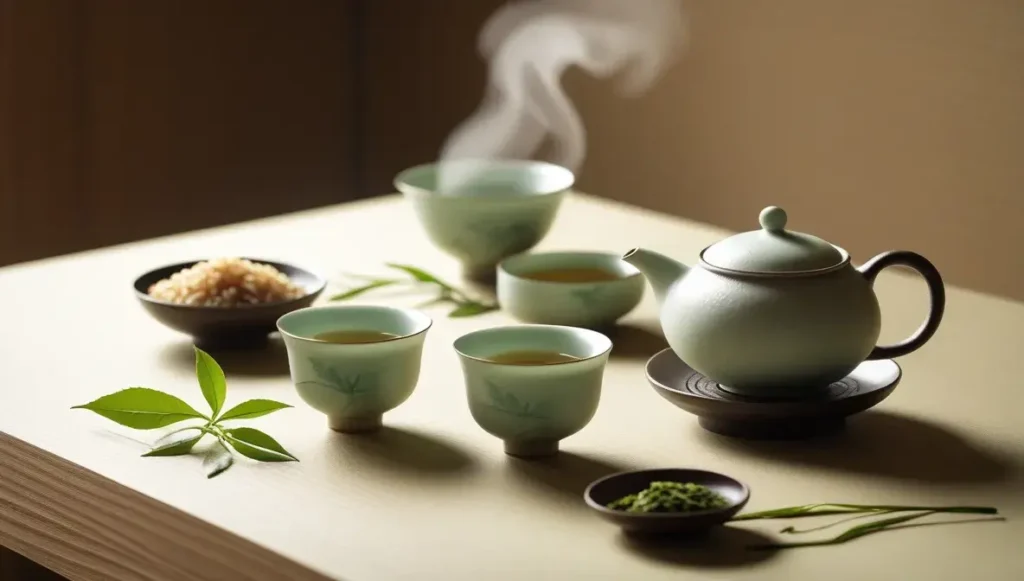
What is Genmaicha?
Genmaicha is a Japanese tea that’s pretty unique because it’s a mix of green tea, usually sencha or bancha, and roasted brown rice. You might also see it with popped rice, which looks a bit like popcorn. This combination gives it a really distinctive, nutty, and savory aroma that many people find super comforting. It’s not a super strong tea, making it a good choice for everyday drinking. People have been enjoying it for ages, and it’s often called the “people’s tea” because it was historically quite affordable and accessible.
Key Ingredients in Genmaicha
The main players in genmaicha are green tea leaves and roasted rice. The type of green tea used can vary, affecting the final flavor. The rice is typically unpolished brown rice, which is thought to have more vitamins and fiber, though sometimes roasted white or glutinous rice is used. The ratio of tea to rice can also change, and some fancier versions might even have a bit of matcha mixed in for extra flavor and color. It’s this simple blend that creates its special taste.
Historical Consumption of Genmaicha
Genmaicha has a history rooted in Japanese culture, with some stories suggesting it started as a way to use up leftover rice. It became popular as a tea for everyone, not just the wealthy, because it was economical. The idea of respecting rice is pretty deep in Japan, and genmaicha really embodies that. Over time, its popularity has grown, and now you can find all sorts of variations, including premium blends. It’s a tea that’s managed to stay loved across different generations, which is pretty neat when you think about it. This makes it a tea that many people feel a connection to, and it’s definitely a part of Japanese tea traditions.
Caffeine Content in Genmaicha
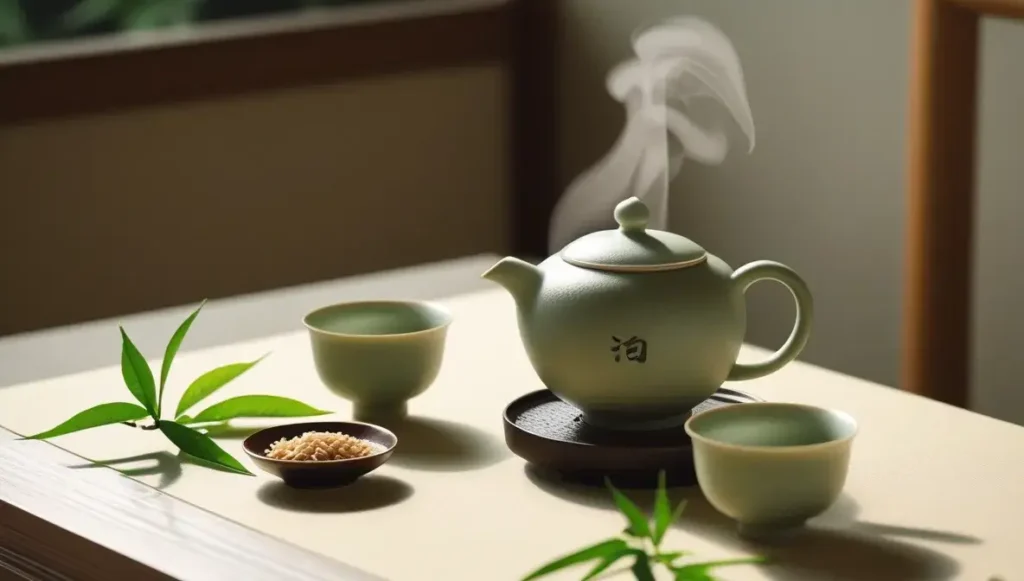
When you’re pregnant, keeping an eye on caffeine intake is pretty standard advice. So, let’s talk about genmaicha and its caffeine levels.
Genmaicha’s Caffeine Levels Compared to Other Teas
Genmaicha is made by mixing green tea, like sencha or bancha, with roasted brown rice. This rice addition is a big reason why genmaicha generally has less caffeine than plain green tea. Think of it this way: the rice itself doesn’t have much caffeine, and the roasting process might even reduce it a bit. So, compared to a strong cup of black tea or a shot of espresso, genmaicha is a much milder option.
It’s often said to have about half the caffeine of regular green tea. For example, a typical 8-ounce cup of genmaicha might contain around 10-15mg of caffeine, while the same size cup of black tea could have 25-48mg, and coffee can easily hit 95mg or more.
Recommended Daily Caffeine Intake During Pregnancy
Most health organizations suggest that pregnant women limit their caffeine intake to around 200 milligrams per day. This is roughly equivalent to one or two small cups of coffee, depending on how it’s brewed. It’s not a hard and fast rule for everyone, but it’s a common guideline to help keep things safe for both mom and baby. Staying within this limit means you can still enjoy some caffeinated beverages without too much worry.
How Caffeine Affects Pregnancy
Caffeine is a stimulant, and when consumed in larger amounts, it can cross the placenta and affect your baby. For the mother, too much caffeine can lead to things like increased heart rate, anxiety, and trouble sleeping, which are all things you probably want to avoid when you’re pregnant. For the baby, their developing system can’t process caffeine as efficiently as an adult’s, so it can stay in their system longer. This is why moderation is really the name of the game when it comes to caffeine during pregnancy. It’s all about finding that balance so you can enjoy your favorite drinks without overdoing it.
It’s important to remember that the caffeine content can vary based on the specific tea leaves used and how long you steep your genmaicha. A shorter steep time usually means less caffeine extracted into your cup.
👉 Discover the Premium Genmaicha Tea Experience Everyone Is Loving 👈
Health Benefits and Considerations
Antioxidants Found in Genmaicha
Genmaicha, a delightful blend of green tea and toasted brown rice, brings a unique profile of health-promoting compounds to your cup. Like its green tea base, it’s packed with antioxidants, specifically catechins and flavonoids. These little helpers are known for their ability to combat cell damage, which is pretty neat. Some research even hints that these compounds might play a role in slowing down the aging process. Plus, the roasted brown rice adds its own set of beneficial elements, contributing to the overall goodness.
Potential Impact of Catechins on Nutrient Absorption
While antioxidants are generally a good thing, it’s worth noting that high levels of catechins, found in green tea, could potentially affect how your body absorbs certain nutrients. Specifically, iron absorption might be a concern. During pregnancy, iron needs increase significantly, so this is something to keep in mind. It’s not that catechins are inherently bad, but rather that excessive amounts might interfere with getting enough of this vital mineral.
Theanine’s Relaxing Effects
Green tea, and by extension genmaicha, contains an amino acid called theanine. This compound is often credited with promoting a sense of calm and relaxation without causing drowsiness. For many, it’s a pleasant way to unwind. It’s thought to work by influencing brain activity, leading to a more relaxed state. This can be a nice bonus, especially when you’re looking for a comforting beverage.
It’s important to remember that while genmaicha offers some interesting health aspects, it’s not a magic bullet. A balanced diet and healthy lifestyle remain the most important factors for well-being, especially during pregnancy. Think of genmaicha as a pleasant addition, not a primary source of health benefits.
Is Genmaicha Tea Safe for Pregnant Women?
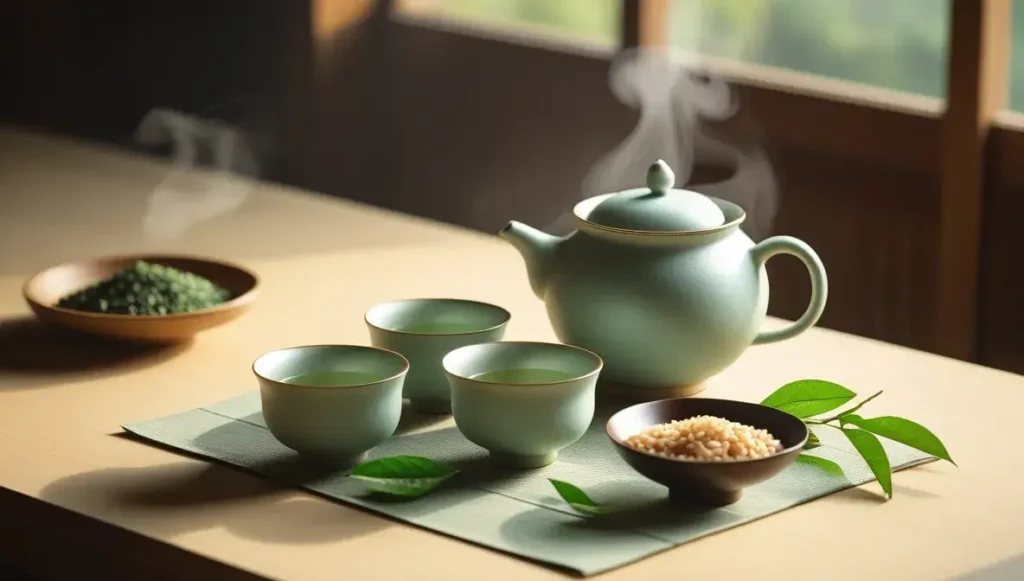
So, can pregnant women drink genmaicha? It’s a question many expecting mothers have, and the short answer is generally yes, but with some important considerations. Think of it like this: most things are fine in moderation, and genmaicha during pregnancy safety is no different. The blend of green tea with roasted rice, often called green tea with roasted rice pregnancy, is popular for its unique flavor and lower caffeine content compared to plain green tea.
General Consensus on Genmaicha Consumption
The general consensus on drinking genmaicha while pregnant is that it’s usually considered safe when consumed in reasonable amounts. Many find the benefits of genmaicha for pregnant women, like its soothing qualities and unique taste, appealing. It’s not typically listed among the teas to strictly avoid, but like anything, it’s about balance.
Moderation is Key for Pregnant Women
When we talk about genmaicha during pregnancy, moderation is the golden rule. The caffeine in genmaicha for pregnant women is a primary concern. While it’s lower than many other teas, it’s still present. The recommended daily caffeine intake during pregnancy is usually capped at around 200mg. An 8-ounce cup of genmaicha typically contains about 8-16mg of caffeine, which is well within that limit. However, if you’re drinking multiple cups or consuming other caffeinated beverages, it’s easy to go over.
Understanding the Risks of Excessive Caffeine
Exceeding the recommended caffeine limit during pregnancy isn’t ideal. Too much caffeine can cross the placenta and might affect the baby’s heart rate or development. It can also contribute to issues like dehydration or sleep disturbances for the mother. So, while genmaicha itself isn’t inherently risky, the caffeine it contains needs to be managed. The genmaicha during pregnancy risks are primarily linked to overconsumption of caffeine, not the tea itself.
Here’s a quick look at caffeine levels:
| Beverage | Caffeine (approx. per 8 oz) |
|---|---|
| Coffee | 95 mg |
| Black Tea | 47 mg |
| Green Tea | 28 mg |
| Genmaicha | 8-16 mg |
| Decaf Coffee | 2 mg |
It’s always a good idea to be aware of what you’re consuming. While genmaicha offers some nice benefits, like antioxidants from the green tea and a comforting flavor from the roasted rice, keeping track of your total caffeine intake is important for a healthy pregnancy. If you’re unsure, it’s best to check with your doctor.
👉 Taste the Ultimate Genmaicha Tea With Superior Freshness Today 👈
Navigating Tea Choices During Pregnancy
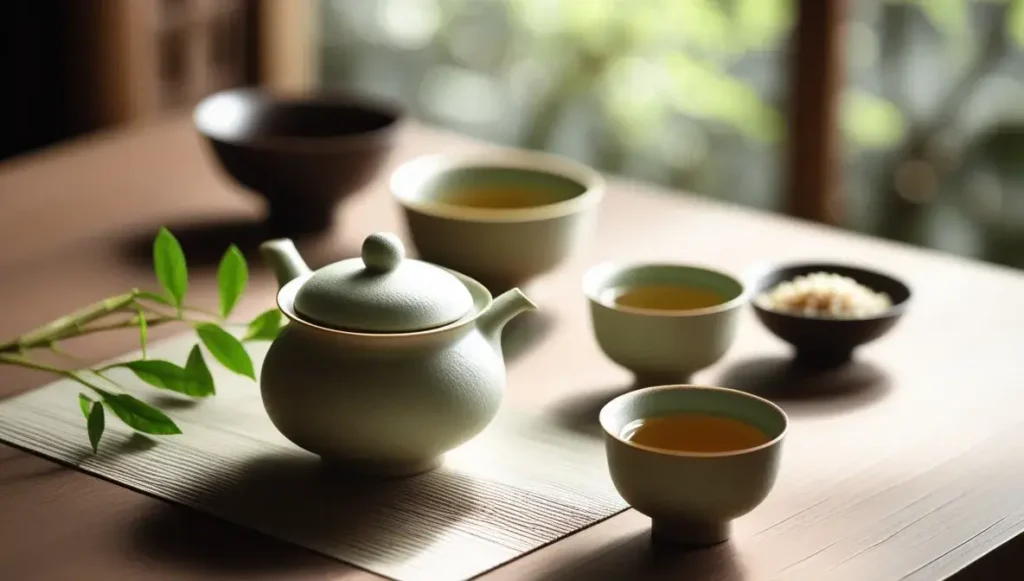
Pregnancy brings a lot of changes, and what you drink is definitely one of them. It’s natural to wonder about your favorite teas, like Genmaicha, and if they fit into a healthy pregnancy diet. While many teas are generally considered safe herbal teas for pregnancy, it’s smart to be informed. The main things to keep an eye on are caffeine and certain compounds that might affect nutrient absorption. Knowing what teas can pregnant women drink and understanding caffeine intake during pregnancy is key to making good choices.
Low-Caffeine Tea Alternatives
If you’re looking for options with less caffeine, there are several good choices. Many people find that herbal teas are a great way to stay hydrated without the jitters. Some popular and generally safe herbal tea options for pregnancy include:
- Rooibos tea: Naturally caffeine-free and rich in antioxidants.
- Ginger tea: Can help with nausea and is caffeine-free.
- Peppermint tea: Often recommended for digestive issues and is caffeine-free.
These are often cited as safe teas for pregnant women, but it’s always a good idea to check with your doctor, especially if you have any underlying health conditions.
Choosing Genmaicha Varieties Wisely
Genmaicha itself can be a good choice because the addition of roasted rice typically lowers its caffeine content compared to plain green tea. However, not all Genmaicha is created equal. Some blends might include other tea leaves like matcha or gyokuro, which can significantly increase the caffeine. Always check the packaging to see what type of tea leaves are used in the blend. For instance, a Genmaicha made with bancha (older tea leaves) will likely have less caffeine than one made with higher-grade green tea leaves.
Brewing Methods and Caffeine Extraction
The way you brew your tea can also impact its caffeine level. Hotter water and longer steeping times tend to extract more caffeine. If you’re enjoying Genmaicha or any green tea during pregnancy, consider these tips:
- Use cooler water: Try brewing with water around 70°C (158°F) instead of boiling hot water. This can reduce caffeine extraction.
- Shorten steeping time: Aim for a shorter steeping period, perhaps around 40 seconds, to minimize caffeine release.
- Cold brewing: Steeping tea leaves in cold water for an extended period (like overnight in the fridge) can significantly lower the caffeine content. This is a great way to enjoy the flavor with minimal caffeine.
By being mindful of these brewing techniques, you can further control your caffeine intake during pregnancy, making your tea experience more comfortable and reassuring.
Consulting Healthcare Professionals

Importance of Personalized Advice
When you’re pregnant, you’re dealing with a lot of new information, and it’s easy to get overwhelmed. While general advice about what to eat and drink is helpful, everyone’s pregnancy is a bit different. What works for one person might not be the best for another. That’s why talking to your doctor or a midwife is so important. They can look at your specific health situation, any existing conditions you might have, and give you advice that’s tailored just for you. They’re the best resource for making sure you and your baby are getting everything you need.
When to Seek Professional Guidance
It’s always a good idea to check in with your healthcare provider before making significant changes to your diet during pregnancy, especially if you’re unsure about something like drinking genmaicha. Here are a few situations where you should definitely reach out:
- You have a history of pregnancy complications: If you’ve had issues in previous pregnancies, like gestational diabetes or high blood pressure, it’s wise to be extra cautious.
- You’re experiencing unusual symptoms: Anything out of the ordinary, like severe nausea or fatigue, warrants a call to your doctor.
- You’re consuming multiple sources of caffeine: If you’re drinking coffee, soda, or other caffeinated beverages in addition to tea, it’s important to get a clear picture of your total intake.
- You have concerns about nutrient absorption: If you’re worried about getting enough iron or other vital nutrients, your provider can offer specific dietary advice.
Remember, your healthcare team is there to support you. Don’t hesitate to ask them any questions, no matter how small they might seem. They can help you feel more confident about your food and drink choices throughout your pregnancy.
👉 Unlock Proven Health Benefits With Our Premium Genmaicha Tea 👈
So, Is Genmaicha Tea Safe for Pregnancy?
Overall, Genmaicha seems to be a pretty safe bet for most pregnant women, as long as you’re not going overboard. It has less caffeine than coffee or even some other green teas, which is a big plus when you’re expecting. The roasted rice doesn’t just make it taste nice; it actually cuts down on the caffeine. Just remember that green tea does have caffeine, and too much isn’t good for the baby.
The general advice is to keep your total caffeine intake below 200mg a day. A cup of Genmaicha usually falls well within that limit. Still, every pregnancy is different, so if you’re unsure or have any worries, it’s always the smartest move to chat with your doctor or midwife. They can give you the best advice for your specific situation.
Frequently Asked Questions
What exactly is Genmaicha tea?
Genmaicha is a Japanese green tea mixed with roasted brown rice. Sometimes, puffed rice is used instead of roasted rice. This combination gives it a unique, slightly nutty flavor.
How much caffeine is in Genmaicha?
Genmaicha generally has less caffeine than many other green teas because the rice dilutes the amount of tea leaves. A typical cup might have around 10-20mg of caffeine, which is much lower than coffee.
Is the caffeine in Genmaicha safe during pregnancy?
Doctors usually suggest limiting caffeine intake during pregnancy to about 200mg per day. The small amount of caffeine in Genmaicha means a cup or two is generally considered safe, but it’s wise to keep track of all caffeine sources.
Are there any benefits to drinking Genmaicha while pregnant?
Green tea, including Genmaicha, contains antioxidants that are good for your health. However, some of these compounds, called catechins, might make it harder for your body to absorb iron, which is important during pregnancy. Drinking it in moderation helps balance this.
Are there any special types of Genmaicha I should avoid?
Yes, some Genmaicha blends might include other teas like matcha or gyokuro, which have higher caffeine levels. Always check the packaging to see what kind of tea leaves are used if you’re concerned about caffeine.
Should I talk to my doctor before drinking Genmaicha?
It’s always a good idea to chat with your doctor or midwife about any foods or drinks you’re unsure about during pregnancy. They can give you the best advice based on your personal health and pregnancy.
👉 Enjoy the Exclusive Genmaicha Tea Crafted for Elite Moments 👈
